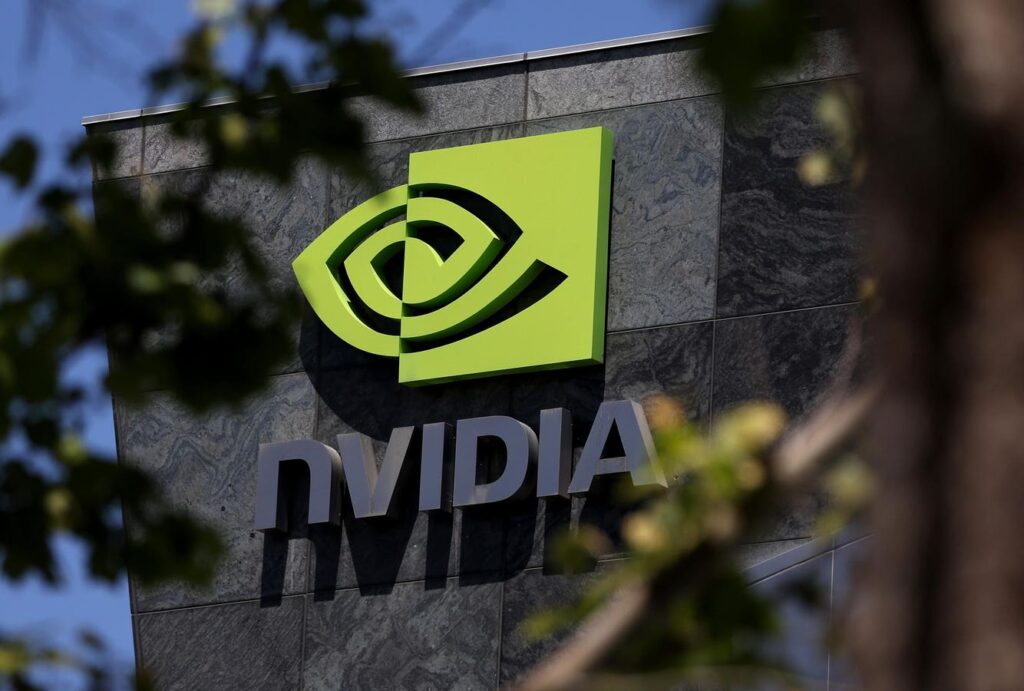Nvidia, a leading U.S. semiconductor company recognized for its dominance in high-performance computing and artificial intelligence (AI) chips, is currently under investigation by Chinese regulators for alleged violations of the nation’s anti-monopoly laws. The State Administration for Market Regulation (SAMR) in China has initiated this inquiry, signaling a more robust oversight approach toward foreign companies operating in one of the world’s largest tech markets. The nature of the accusations has not been fully disclosed, but the move reflects a growing concern in China about foreign companies’ influence in its domestic markets and highlights the geopolitical tensions that often ensnare multinational corporations.
The implications of this investigation are significant for Nvidia, which has carved out a substantial position within China’s rapidly evolving technology landscape. As a crucial supplier of high-performance computing and AI chips, Nvidia’s products underpin various critical applications in China, including autonomous driving technologies, financial analysis tools, and urban infrastructure systems. Given its critical role, any adverse outcomes from the investigation could disrupt Nvidia’s operations and erode its revenue streams in this lucrative market, where it has historically enjoyed considerable growth.
Investor reaction to the investigation was immediate, with Nvidia’s stock experiencing a dip of around 2% following the announcement. This decline reflects rising anxiety among investors regarding the potential repercussions of regulatory actions against the company and the broader impact on Nvidia’s operational framework in China. The financial markets often react sensitively to news of regulatory investigations, particularly in regions marked by uncertain political and economic climates, and Nvidia’s situation underscores the complexities of conducting business in an increasingly polarized global environment.
The timing of the probe coincides with intensifying geopolitical tensions between the U.S. and China, particularly within the technology sector. Companies like Nvidia find themselves navigating a challenging landscape where national interests, technology competition, and regulatory frameworks often collide. Analysts suggest that should the investigation yield sanctions or operational restrictions against Nvidia, the results could reverberate throughout the industry, catalyzing further movements toward self-sufficiency in technology development within China. This strategic focus aligns with China’s “dual circulation” policy, which aims to bolster domestic growth while still participating in the global economic framework.
The ramifications of this investigation extend beyond Nvidia and could influence the semiconductor industry landscape as a whole. As China emphasizes reducing its reliance on foreign technologies, the investigation serves as a warning for other foreign firms operating in the region. If punitive measures arise from Nvidia’s case, they may accelerate China’s initiatives to cultivate homegrown alternatives to Nvidia’s advanced technologies, thereby challenging the company’s market position and altering the competitive dynamics within the industry.
In summary, the investigation into Nvidia by Chinese regulators emphasizes the intricate interplay of business interests, regulatory scrutiny, and geopolitical factors in the tech sector. As Nvidia continues to expand its footprint within China, the company must navigate a precarious situation that balances compliance with local laws while striving to maintain its competitive edge in a rapidly evolving marketplace. The unfolding situation presents a pivotal moment not only for Nvidia but also for the semiconductor industry at large, as both domestic and international stakeholders grapple with the implications of regulatory developments in one of the world’s most critical tech ecosystems.

